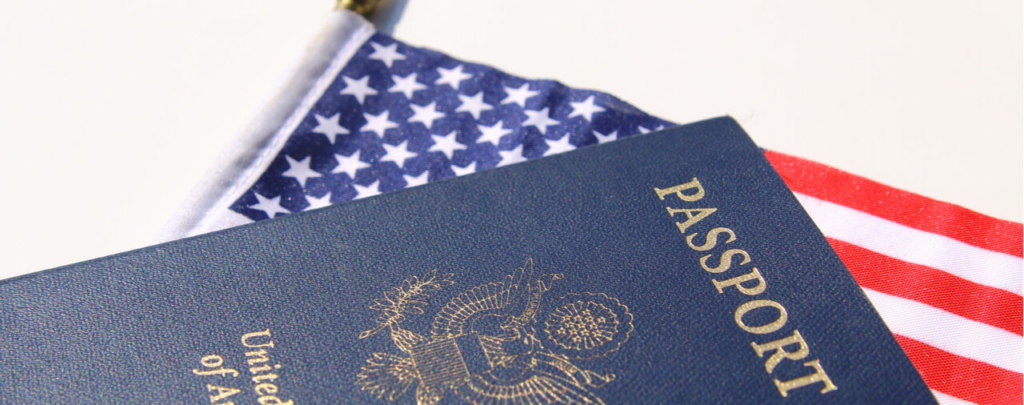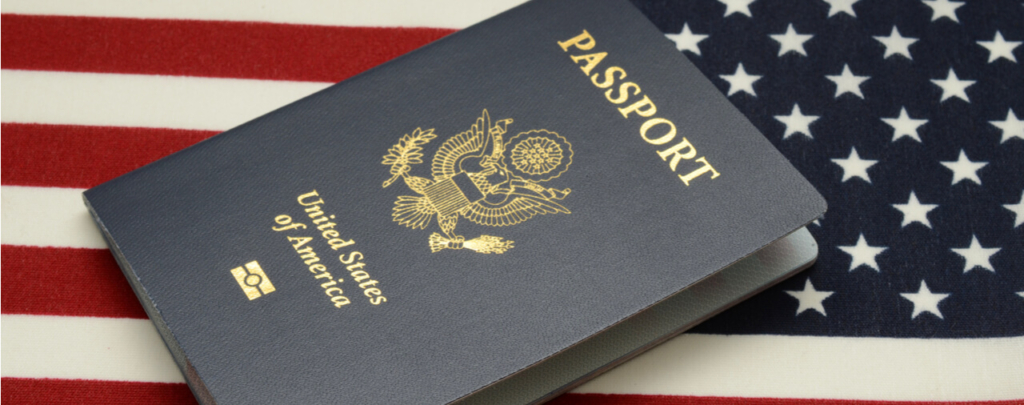
Can an Individual be Denaturalized for Immaterial False Statement?
In U.S. v. Maslenjak, the Sixth Circuit held that an individual can be denaturalized for an immaterial false statement. The case is now before SCOTUS.
Home Immigration Blog Citizenship Denaturalization

In U.S. v. Maslenjak, the Sixth Circuit held that an individual can be denaturalized for an immaterial false statement. The case is now before SCOTUS.

In Maslenjak v. US, SCOTUS that for denaturalization for a conviction under 18 U.S.C. 1425(a) for a false statement, the false statement must be material.

The Supreme Court heard oral arguments in Maslenjak v. U.S., in which it considered whether denaturalization can occur for an immaterial false statement.

27 Whitehall Street, 5th Fl New York, NY. 10004
Attorney Advertising: prior results do not guarantee similar outcomes.

Copyright © 2025 My Attorney USA. All Rights Reserved